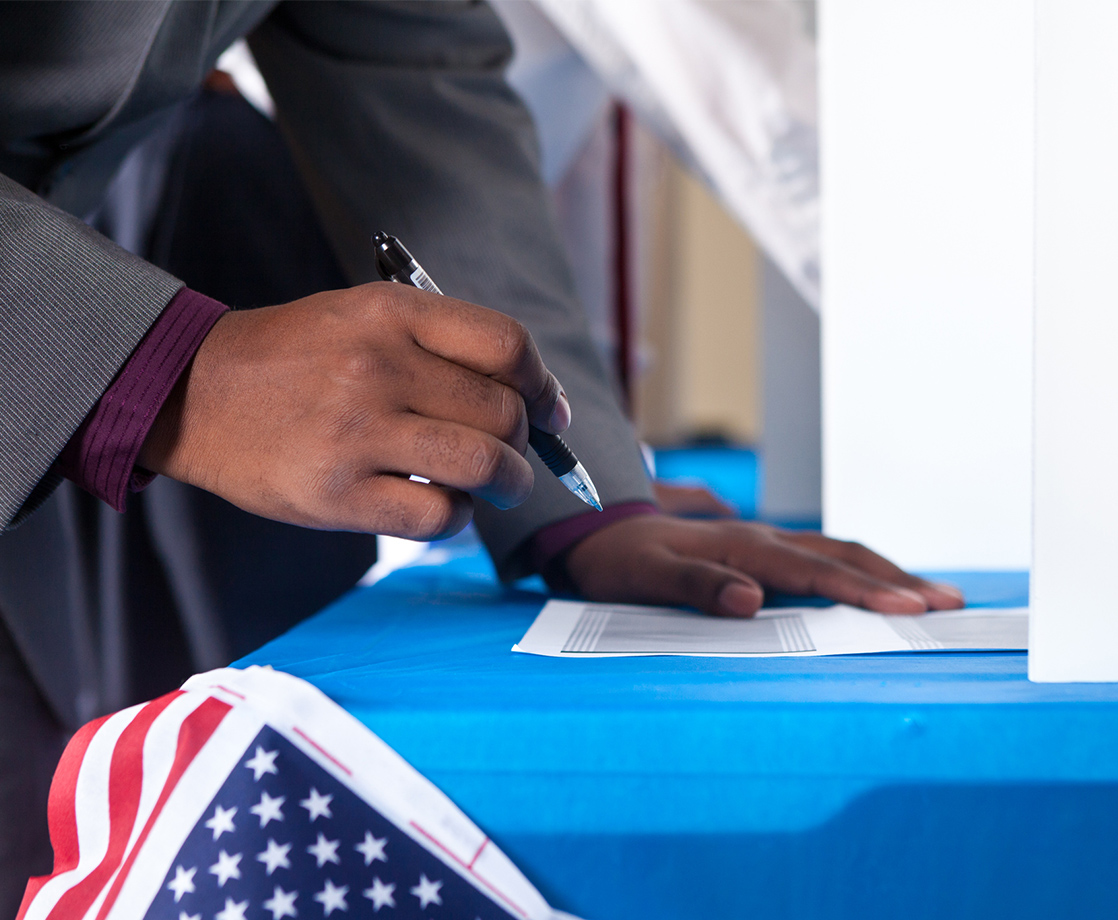On November 6th, registered voters in Michigan will decide whether or not the Great Lake State will legalize recreational cannabis sales and use. At the end of last year, the Regulate Marijuana Like Alcohol (RMLA) campaign collected over 360,000 signatures on a petition to put a legalization measure on this year's ballot. For a moment, it seemed like the initiative would not make it to the November voting booth, as some Republican legislators pushed for a more restrictive alternative. Ultimately, though, the state's Legislature decided to let the voters choose the fate of cannabis legalization.
Michigan state law gives the Legislature 40 days to approve any proposed ballot measure before it comes up for a popular vote, or to come up with a competing proposal. Realizing that there is a strong likelihood that a majority of voters will support legalization, the state's Republican leadership considered using this aspect of the law as a way to limit the scope of legalization.
A law that is passed by the Legislature can be amended by a simple majority vote, but an initiative approved by state voters can only be amended by a two-thirds majority of each chamber of the Legislature. For this reason, Senate Majority Leader Arlan Meekhof recommended that the Legislature approve the measure themselves, which would make it easier for lawmakers to later add restrictive measures that could even contradict voters' wishes.
The state's Democratic minority was unwilling to allow Republicans to gain the upper hand in amending this legislation, however. "This is a decision that should go to the voters," House Minority Leader Sam Singh said to the Detroit Free Press. "This was an idea perpetuated by a small group of Republican donors who wanted to run the system and that wasn't something that Democrats were going to support." Singh also noted that the issue of cannabis reform was likely to bring young, liberal voters out to the polls, which could improve his party's chances of winning the midterm election.
The state Senate looked to the state House to see if Republicans could drum up the 55 votes necessary to approve the measure, but found that they could not. "There's simply not support in the chamber to pass this right now," Speaker of the House Tom Leonard told the Detroit Free Press. "The voters are going to have to decide. We're nowhere in the ballpark." The House declined to vote on the measure, and the Senate followed their lead. The deadline for acting on the measure has now passed, so the question will now officially be decided by the state's voters this fall.
Even though there is a chance that voters will decide not to support the measure, many cannabis advocates are still happy that the Legislature did not just legalize pot themselves. "Republican lawmakers wanted to have easier access to making changes, [which] might not have been bipartisan changes that are good for everybody," Josh Hovey, communications director for RMLA, said to Rolling Stone. "Now any changes that are made should have to be far more bipartisan of a solution."
Justin Strekal, political director of NORML, also said that his organization approved of the decision to let the issue come up for a popular vote. "Traditionally, we trust voters to make these decisions more than we trust lawmakers," he explained. "So we're looking forward to the voters of Michigan being able to cast their vote, to codify that it's the public will to legalize marijuana for responsible adult use."
The issue will remain unresolved until this fall, but Hovey said that his organization is positive that voters will support the measure. "We are confident Michigan voters understand that marijuana prohibition has been an absolute disaster and that they will agree that taxing and regulating marijuana is a far better solution," he said. "Multiple polls show that roughly 60 percent of Michigan voters want to see marijuana legalized and regulated."











